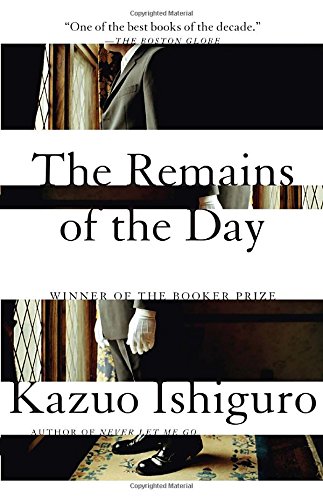by Bruce Rutledge
After shaking off his disbelief, British novelist Kazuo Ishiguro let it sink in: He had won the Nobel Prize for Literature.
“I thought it was a hoax in this time of fake news” Ishiguro said. “I thought the normal procedure is that the winner is told first, so I didn’t believe it for a long time. Next, my publisher phoned, and finally when the BBC phoned, I thought it might be true.”
It was. Ishiguro, best know for the 1989 novel The Remains of the Day, had won the coveted prize. Swedish Academy Permanent Secretary Sara Danius described Ishiguro’s work this way: “If you mix Jane Austen and Franz Kafka, then you have Kazuo Ishiguro in a nutshell, but you have to add a little bit of Marcel Proust into the mix.
“He’s a writer of great integrity,” she added. “He doesn’t look to the side. He’s developed an aesthetic universe all his own.”
Ishiguro was born in Nagasaki in 1954. His mother, who is still alive, was the survivor of the atomic bomb. The family moved to England when Ishiguro was just five. For years, he was the only non-white kid in his school.
Ishiguro’s first two novels involve Japan. A Pale View of Hills (1982) describes a Japanese family’s emigration to England. In 1986, he published An Artist of the Floating World about a painter in Japan.
Ishiguro often delves into memory and how it can distort the past. He told reporters after realizing the award was not fake news: “I hope that some of the themes that I have tried to tackle in my work about history, about not just personal memory but the way countries and nations and communities remember their past, and how often they bury the uncomfortable memories of the past, I hope that these kinds of themes will be in some small way helpful to the climate we have at the moment because I think we’ve entered a very uncertain time in the world.”




